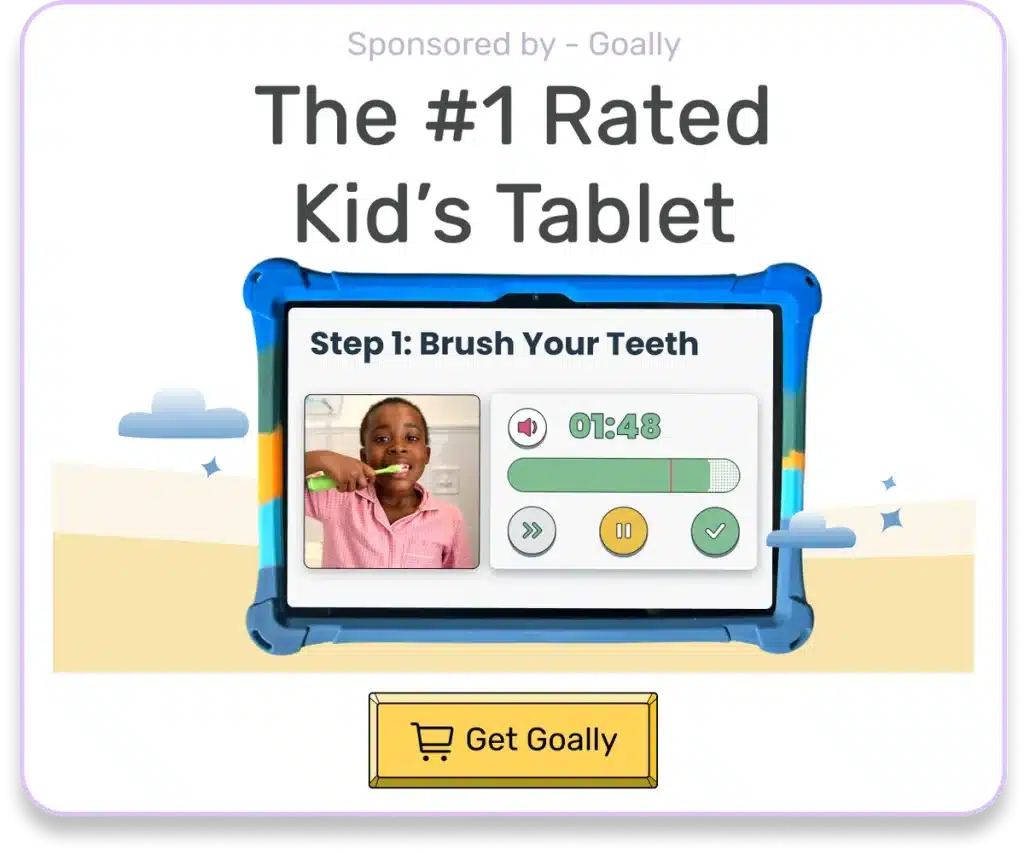Did you know that around 6 million children in the US have ADHD? And as awareness about this condition continues to spread, more and more people are becoming familiar with it. That’s why it’s important for parents to stay informed and understand the terminology that surrounds ADHD. One term you may have come across is “neurodiversity,” which refers to the idea that differences in the brain are natural and can impact how a person thinks and behaves. So, is ADHD Neurodivergent? If you want to learn more about ADHD and neurodiversity, keep reading our guide for parents. We’ll provide you with valuable insights and information to help you navigate this journey.
Table of Contents
Read more: Where Do Autism and ADHD Overlap?
What Is Neurodiversity?
Neurodivergent conditions, like ADHD, stem from natural variations in the brain that affect a person’s behavior and perception of the world around them. It’s important to understand that these conditions exist on a spectrum, with individuals experiencing symptoms to varying degrees.
Take ADHD, for instance. While one child may display mild neurodivergent traits, another may be significantly impacted in all aspects of their life. This is also true for other conditions such as dyslexia, affects as many as 1 in 5 individuals. These are just a few examples of the diverse range of neurodivergent conditions.
- Dyspraxia affects coordination and movement
- Dyscalculia involves an understanding of numbers and mathematics
- Tourette syndrome can cause tics
- Autism spectrum disorder affects all areas of life
- OCD leads to obsessive thoughts or behaviors
- Epilepsy causes seizures
- Hyperlexia affects reading ability
Is ADHD Neurodivergent?
ADHD falls under the neurodiversity umbrella because it’s a neurodevelopmental disorder which is differences in the brain. These differences are predominantly in dopamine levels. Dopamine is a chemical associated with reward in the brain. In an ADHD brain, dopamine is less consistent and regulated. This can lead to issues with executive function.
People with reliable dopamine levels typically have consistent executive function abilities. These include things like self-control, concentration, and initiating tasks. Neurotypicals receive the reward chemical on cue after completing a task, which motivates them to continue, and keeps them balanced.
Is ADHD Hereditary?
If a parent has ADHD, their child has a 50% chance of also having ADHD. Are you asking yourself, do I have ADHD? Take our brief quiz below to see if you share symptoms with adults who have an ADHD diagnosis!
Read More: ADHD Checklist
However, when someone’s dopamine is improperly regulated, they have to focus much harder. Adults with the condition may have learned coping mechanisms to manage these issues. But children haven’t had time to adapt yet, so ADHD and neurodiversity in kids may be easier to spot. Children with ADHD may exhibit the following behaviors:
- Struggling to focus on subjects they don’t find interesting
- Problems with short-term and working memory
- Obsessive phases or habits that may pass or change regularly
- Difficulty de-focusing if invested in a task or activity
- Difficulty regulating their emotions

Read More: Best Emotional Regulation App for Kids
These behaviors may overlap with other neurodivergent conditions. What if your child displays several of them, and you suspect they may have ADHD? There are many tools and resources available that can help kids manage ADHD symptoms.
Read more: Free Printable Cue Cards for Behavior
Try Goally For Your Child With ADHD
Goally helps kids with ADHD stay focused and build skills. Unlike a Kindle or an iPad that kids get easily distracted on, Goally has no YouTube, no social media, no web browser, and especially no ads.
Goally uses game play as a points-based motivator for your kiddo with ADHD and helps them learn emotional regulation skills. It’s simple to set up and has an expert-informed design.

ADHD is indeed a neurodivergent condition that arises from natural differences in the brain, affecting how individuals behave and perceive their environment. It’s crucial to recognize that neurodivergent conditions, including ADHD, exist on a spectrum, with varying degrees of symptom severity and impact on daily life. Embracing neurodiversity and understanding the unique strengths and challenges that come with it is key to providing support and acceptance for individuals with ADHD and other neurodivergent conditions. By fostering a neurodiverse mindset, we can create a more inclusive and understanding society for everyone.
FAQ’s About Is ADHD Neurodivergent?
What is ADHD? ADHD (Attention-Deficit/Hyperactivity Disorder) is a neurodevelopmental condition that impacts focus, attention, impulsivity, and sometimes hyperactivity. How can I tell if my child has ADHD? Look for consistent patterns of difficulty with attention, impulsivity, or excess energy. A qualified healthcare professional can provide a formal ADHD diagnosis. How can visual schedules help children with ADHD? Visual schedules provide structure and predictability, helping children with ADHD know what to expect and improving their ability to stay on task. What are emotional regulation apps and how do they help? Emotional regulation apps provide tools and exercises to help children with ADHD recognize, understand, and manage their emotions in a healthy way. Are reward systems helpful for children with ADHD? Reward systems can be effective in motivating children with ADHD by offering positive reinforcement for desired behaviors and accomplishments.
This post was originally published on 12/14/2023. It was updated on 02/22/2024.

Goally
We help parents teach their kids life skills, like doing bedtime and morning independently. Backed by science, we incorporate evidence-based practices and expert-informed designs in all of our apps and content.






